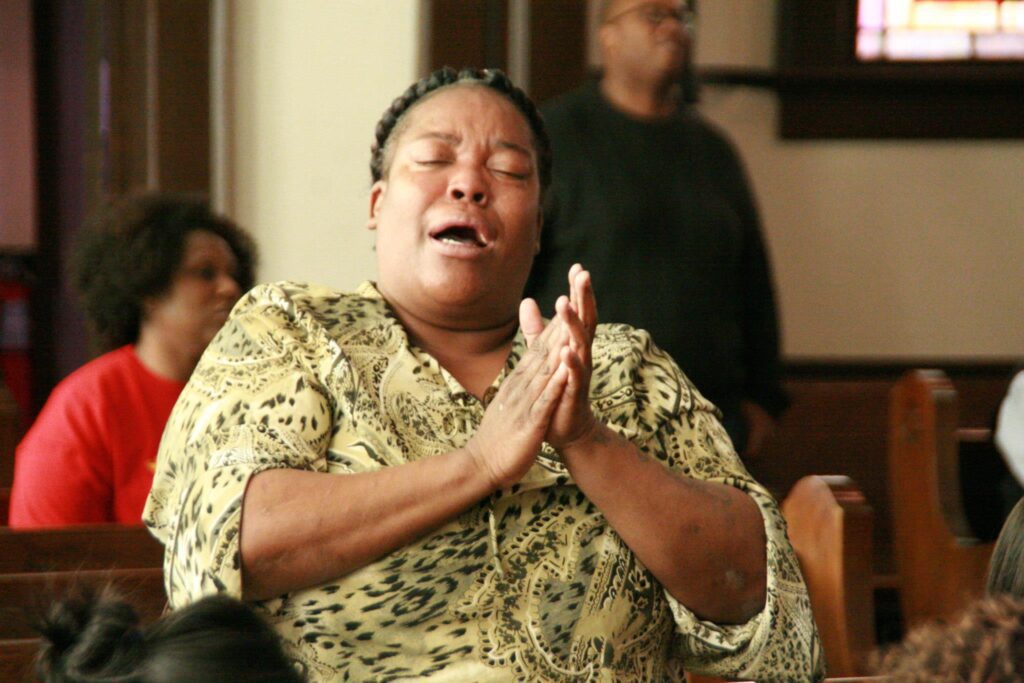
This article was written to serve as a basis of discussion for the “Spirit of Struggle” Strategic Dialogue hosted by the Kairos Center for Religions, Rights and Social Justice at Union Theological Seminary in April 2015. The Rights and Religions Program of the Kairos Center is dedicated to contributing to engaged scholarship and discussion on the role of religions in advancing movements for social justice.
We live in a time of a deep and prolonged global crisis. Poverty and economic insecurity are widespread with nearly 1/2 of the world’s population—more than 3 billion people—living on less than $2.50 a day, 870 million people chronically malnourished, and millions of people without health care, housing, education, and jobs that pay adequately. Climate change is wreaking havoc all over the planet, impacting the poorest and most vulnerable the most: from big cities to small communities, 50% of the global population lives near the coast—at risk from destructive storms, which are becoming more frequent with the changing climate and sea level rise. Recent decades have also seen a steady increase of war and conflict: studies have found that wars between nations have steadily increased for over a century and in 2013, civil war displaced 51 million people worldwide, according to the United Nations.
The dimensions of the crisis are not only economic, political and social, but spiritual as well. Traditional organized forms of religion that have long served as alternative sources of hope and shared values are losing their power. Sacred texts—replete with references to justice, peace, and the scourge of indifference to the poor and oppressed—have been politicized to suggest that poverty is a result of the moral failures of the poor sinning against God; that ending poverty and injustice is impossible; and that the poor and marginalized themselves have no role in ending their poverty and exclusion. Forms of organized religion are frequently sources of conflict, violence, and authoritarian beliefs and practices.
A crisis of this scale and depth poses severe challenges to the global struggle for human dignity and rights but it has also unleashed new and powerful possibilities for change. In recent decades waves of mass movements—including the Saffron revolution in Burma, the Arab Spring, the 2011 Occupy protests, the Moral Mondays Movement, land occupations and marches in Brazil, India, Philippines, South Africa, struggles for democracy in the Ukraine and Hong Kong, the Black Lives Matter movement in the United States, and many more—have given strong voice to widespread popular demands for dramatically better lives for all people. They have expressed an enduring desire for the common good and a belief that another world is possible, through moral and transcendent language and action, drawing on but also dramatically transforming longstanding religious and cultural traditions.
Inevitably, these movements have also further exposed and mobilized powerful economic, political and social forces deeply opposed to change and prepared to do what is necessary to stop it. There have been stirring victories but also crushing defeats. This has lead to widespread recognition of a pressing need to find ways to develop and sustain new forms of struggle.
Our work is informed by the prominent and critical role that religion plays in these and other struggles around the world for dignity, freedom and social justice. We see how many of the most significant and positive struggles for social transformation have been led by people such as Mahatma Gandhi, Martin Luther King, Dalai Lama, Oscar Romero, Shirin Ebadi, Bishop Tutu, and Aung San Suu Kyi, whose deep religious beliefs have helped and continue to help shape the vision and the strategy and tactics of their movements. We appreciate that the front lines of these struggles are often largely composed of believers who attribute their inspiration, commitment and willingness to endure suffering to their religion. Even self-professed secular activists often describe their experiences of struggle in what can be characterized as religious terms.
At the same time, sometimes overshadowing positive contributions, we view how religious figures and interpretations have frequently been at the forefront of horrific and massive violations of human rights. Religion, and the Bible in particular, is used to encourage or justify attacks, often violent, on women and on oppressed religious, national, racial, and sexual groups, and, relatedly, to defend unjust economic structures and abusive powers. Those seeking to change oppressive systems are frequently accused of, if not punished for, disrespecting what is “sacred”. In these far from unusual cases many social justice activists find in religion more of an enemy than an ally. Also, movements that need and want to mobilize increasingly diverse communities face the challenge of religion dividing, and aggravating conflicts between, people of different or no faith traditions.
Recognizing this mixed history and reflecting on our own experience, we see it as absolutely necessary to combat the theologies that divide, alienate, and shame poor people, and to develop the positive potential of religions to inspire and invigorate social movements. And to be clear, the understanding of religion informing the “Spirit of Struggle” Strategic Dialogue goes beyond organized creeds and institutional forms to encompass any beliefs and practices that point to a transcendent or deeper source of meaning and power. Our purpose is not to impose a religious viewpoint on social justice efforts; rather, it is to learn from the ways those efforts deal with diverse religious viewpoints and how in practice religious beliefs, practices and traditions advance or harm their work.